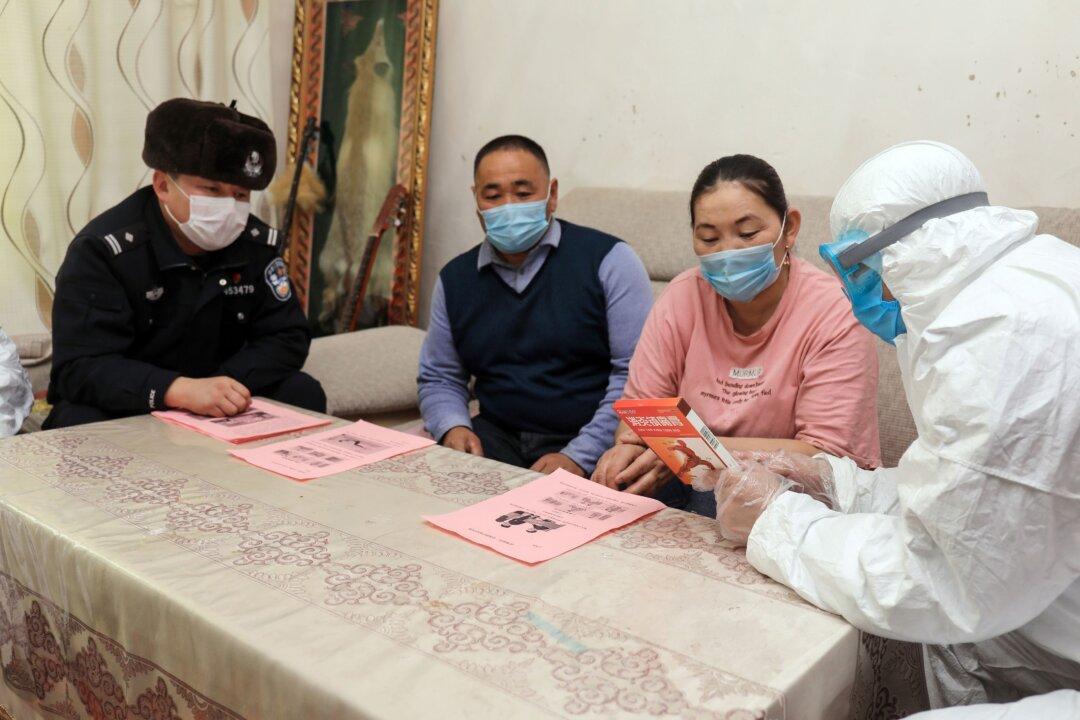Reproduced from Bitter Winter: A magazine on religious liberty and human rights in China
Bitter Winter has received a classified red-taped document, issued in April 2019, by the General Office of the CCP Central Committee and the General Office of the State Council entitled “Opinions on Strengthening and Improving Prison Work.” We do not post the copy in our possession for security reasons (because it can show from which local office it has been leaked). Based on the accessible official websites of relevant departments belonging to local governments across Mainland China, we concluded that a nationwide study and implementation of this document is currently underway.The document states that jails “for a long time, have made important contributions towards consolidating the Party’s ruling status and maintaining the country’s long-term stability.” But, “as the main conflicts in our society undergo transformation, prison work still has not fully adapted” to the new time and to “Xi Jinping’s Thought on Socialism with Chinese Characteristics for a New Era.”
How should a Xi-Jinping-approved jail look like? The document recommends to “always treat maintaining national security and maintaining social stability as the top priority of prison work.” Xi’s China wants to “increase political vigilance and strictly prevent hostile forces from infiltrating, destroying and smearing the Party and the government.” Jails should “intensify ‘de-radicalization’ work; strictly deal with, according to law, criminals who endanger national security, who belong to a xie jiao, who are involved in gang crime or evil, who have a major social impact, and who have restrictions on the commutation of their sentences; and defend the country’s major battle achievements of counter-terrorism and stability maintenance, punishment of corruption, cleaning up gang crime and eliminating evil.” It is particularly important to “strengthen policy support for prisons in the Xinjiang region, and further implement related policy measures.”
But how will Uyghurs in Xinjiang, members of banned religious movements labeled as xie jiao, and other “criminals” be re-educated? The Chinese Communist Party (CCP) has the answer. Jail authorities should “conscientiously organize the study of Xi Jinping’s Thought on Socialism with Chinese Characteristics for a New Era,” which will reform inmates into “citizens who ideologically and emotionally identify with the Party’s leadership, identify with their great motherland, identify with the Chinese nation, identify with Chinese culture, and identify with the path of socialism with Chinese characteristics.”
Jails should “emphasize ideological education; guide criminals to establish a correct worldview, outlook on life, and system of values. Increase education on admitting guilt and showing repentance […] Implement psychological correction […] and reshape criminals to have healthy character.”
Among “key criminals” to be “vigorously transformed,” the document lists those “who belong to a xie jiao.” For them, jails should work to “raise the rate of successful transformation; and solidify the positive results of transformation.”
Technology, the document says, is there to help. Prison authorities should “accelerate the construction of ‘smart prisons.’ Use big data, the Internet of Things, artificial intelligence, and other modern technological means to accelerate the establishment of ‘smart prisons’ that are standardized, scientific and unified, that have comprehensive and accurate data and information, that have flexible and popular business applications, and that have a smart and efficient system of analysis, research and early warning.”





